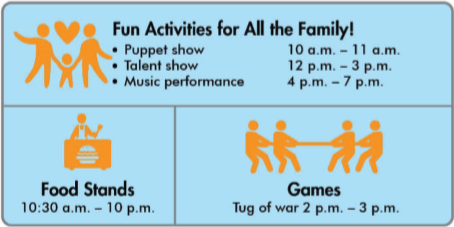G. Look at the chores in A. Pick four chores and put a check (✓) next to them. In pairs, take turns asking and answering questions about the chores. Say you’ve done the ones with checks.
(Nhìn vào các công việc nhà trong bài A. Chọn bốn công việc và đánh dấu (✓) bên cạnh chúng. Hoạt động theo từng cặp, lần lượt hỏi và trả lời các câu hỏi về công việc nhà. Nói những việc bạn đã làm được đánh dấu.)
A: Have you walked the dog?
(Bạn đã dắt chó đi dạo chưa?)
B: Yes, I have.
(Rồi.)

